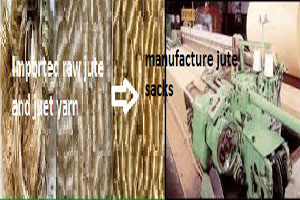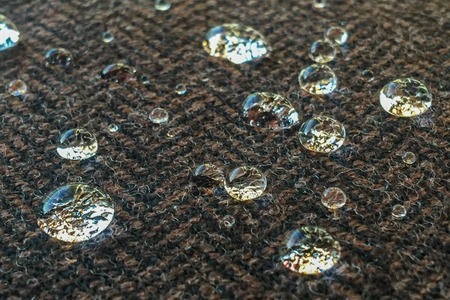
Imported raw jute and yarn not to be used to make sacks utilized by reserved sector
YarnsandFibers News Bureau 2015-09-16 16:00:00 – New DelhiThe Indian jute industry has been unable to scale up production or export of jute goods. The country's imports of finished goods have jumped up 24 percent, while exports have declined by 22 percent during April-January period of 2014-15. The government to protect the domestic jute industry has announced that that imported raw jute and jute yarn will not be used in the manufacturing of sacks which are used for packaging of commodities in the reserved sector, a notice from the office of the Jute Commissioner stated.
Also all the importers and traders of raw jute and jute products would have to register their units with the office of the Jute Commissioner. It added that the end users of the imported jute/jute products need not register their units with this office.
But, the importer has to apply for 'NOC' (no-objection certificate) for every consignment. While applying for NOC, the importer has to provide details of the buyer to whom he is intending to sell the imported jute/jute products.
If importer is not the end user, all the stakeholders- other than the end users have to apply for 'NOC to the office of the Jute Commissioner for sale of every consignment.
The Jute Commissioner has the authority to take necessary steps against the defaulter, it added.
In a separate notice, it said that as per the order of the Ministry of Textiles, import of used jute bag is not allowed. Importers of used jute bags will not be issued NOC by the Jute Commissioner office.
According to reports, a subsidy of 7.5 percent by Bangladesh for export, has resulted in flooding into Indian market. India exports almost two lakh tonne of jute goods valued at around Rs 2000 crore. In terms of volume and value, Bangladesh is twice India's exports.
Market Intelligence
Ask for free sample Report

experience
Customer Base
dedicated team
Countries Served Worldwide









